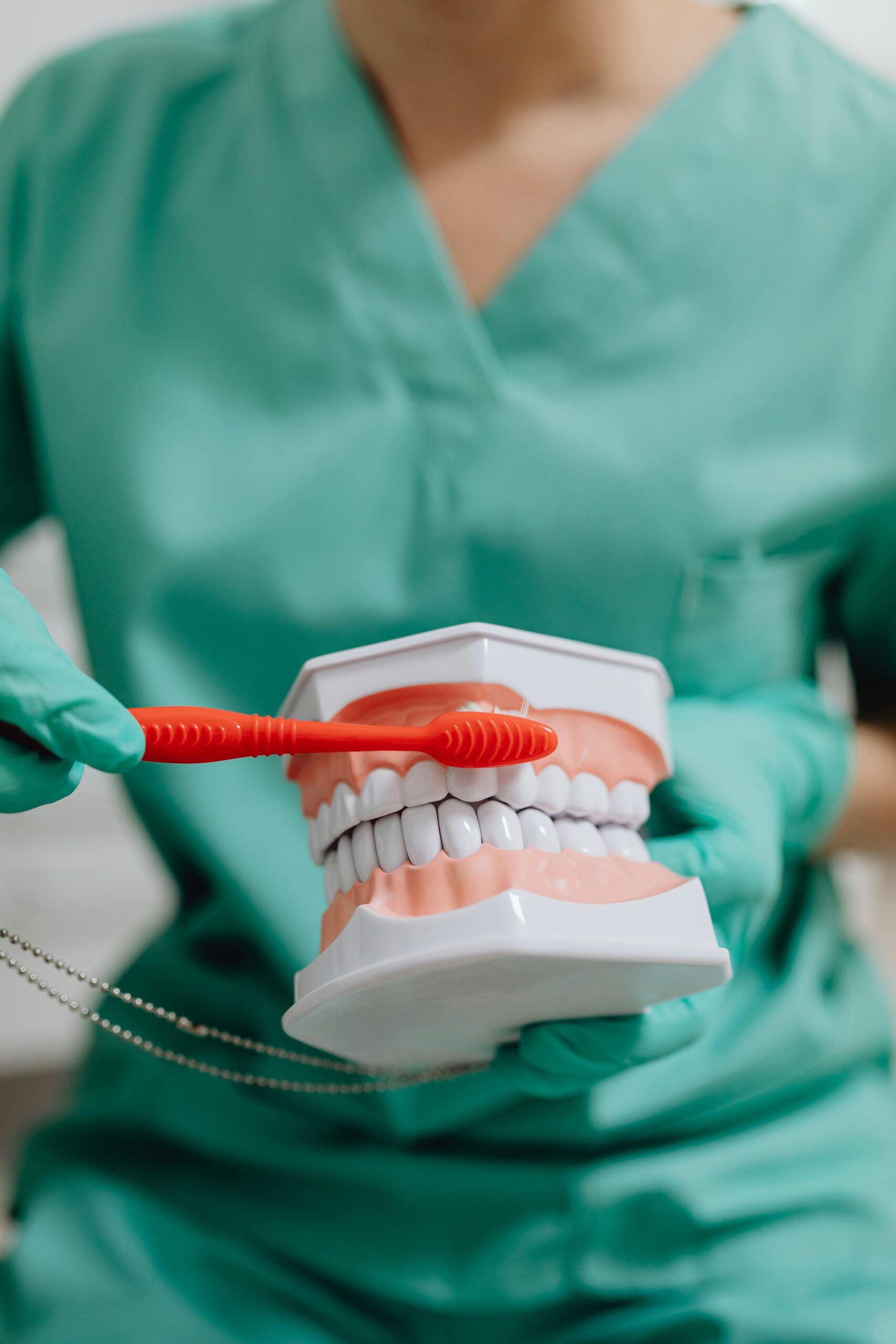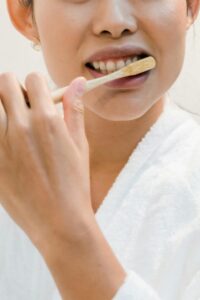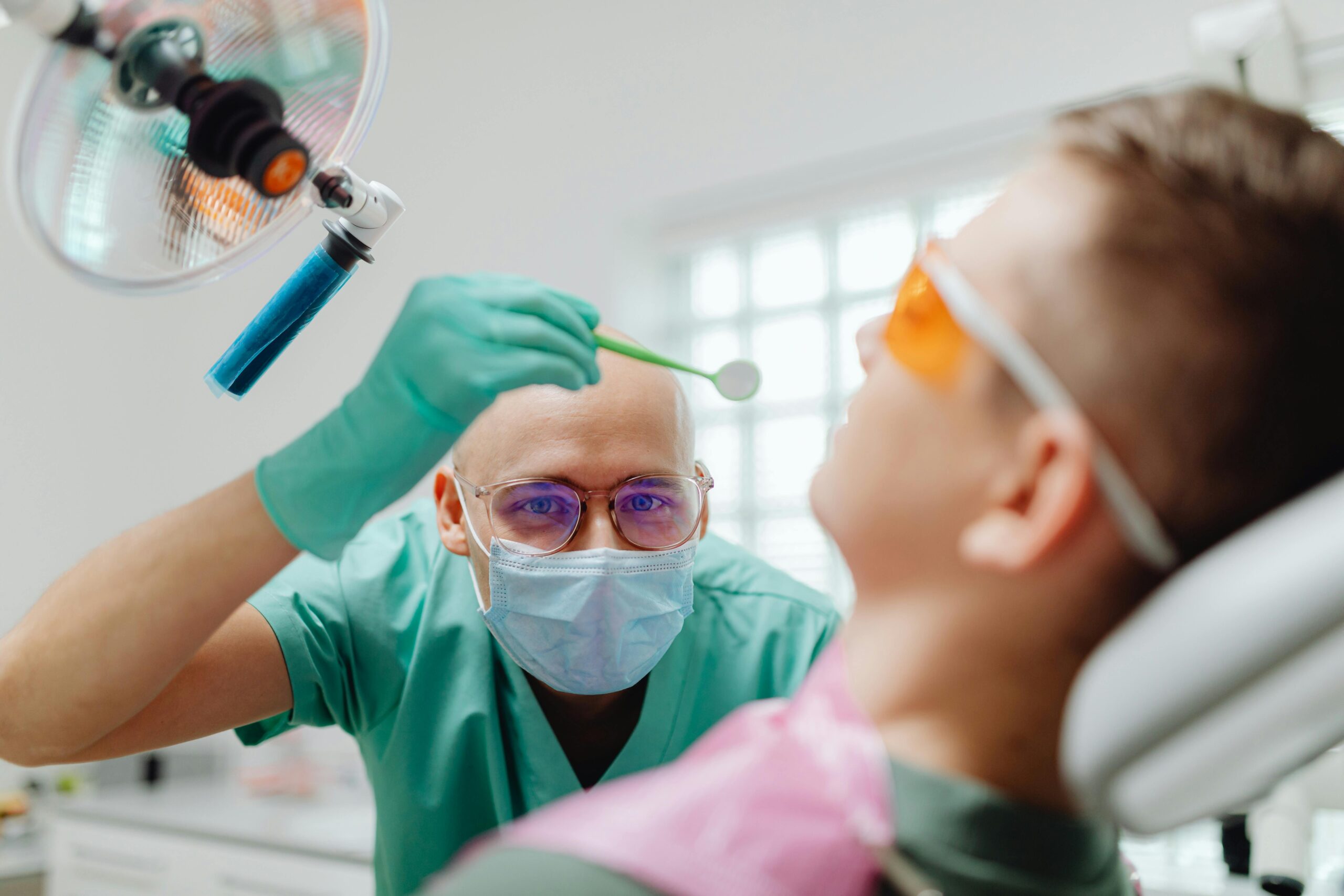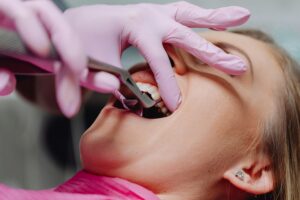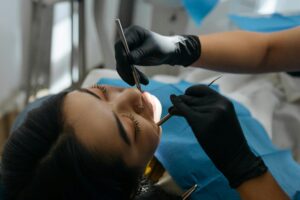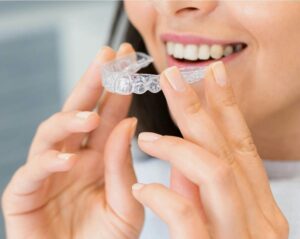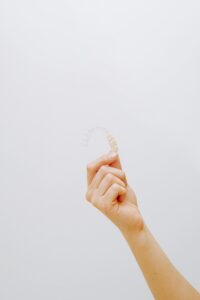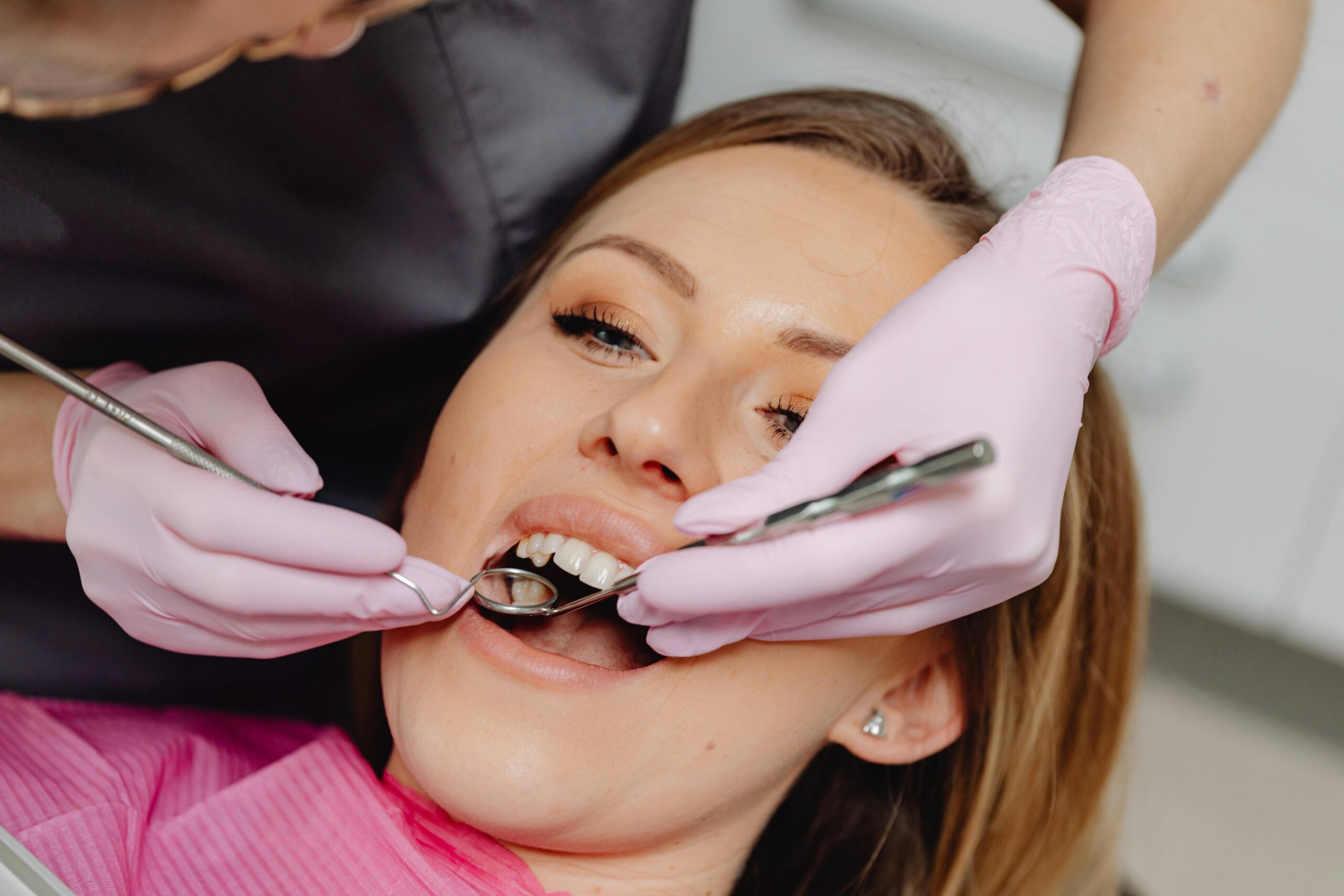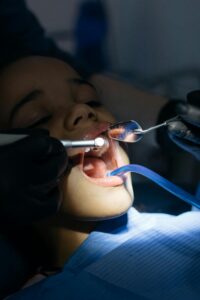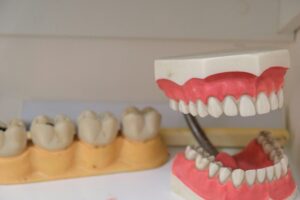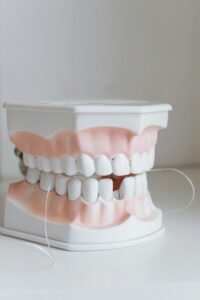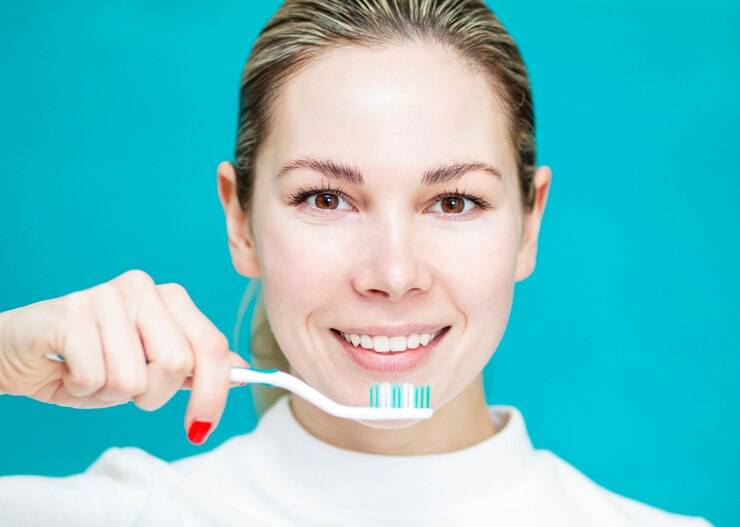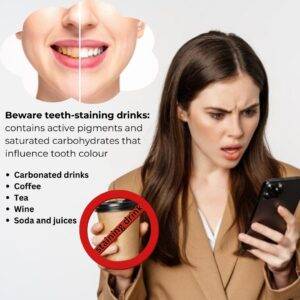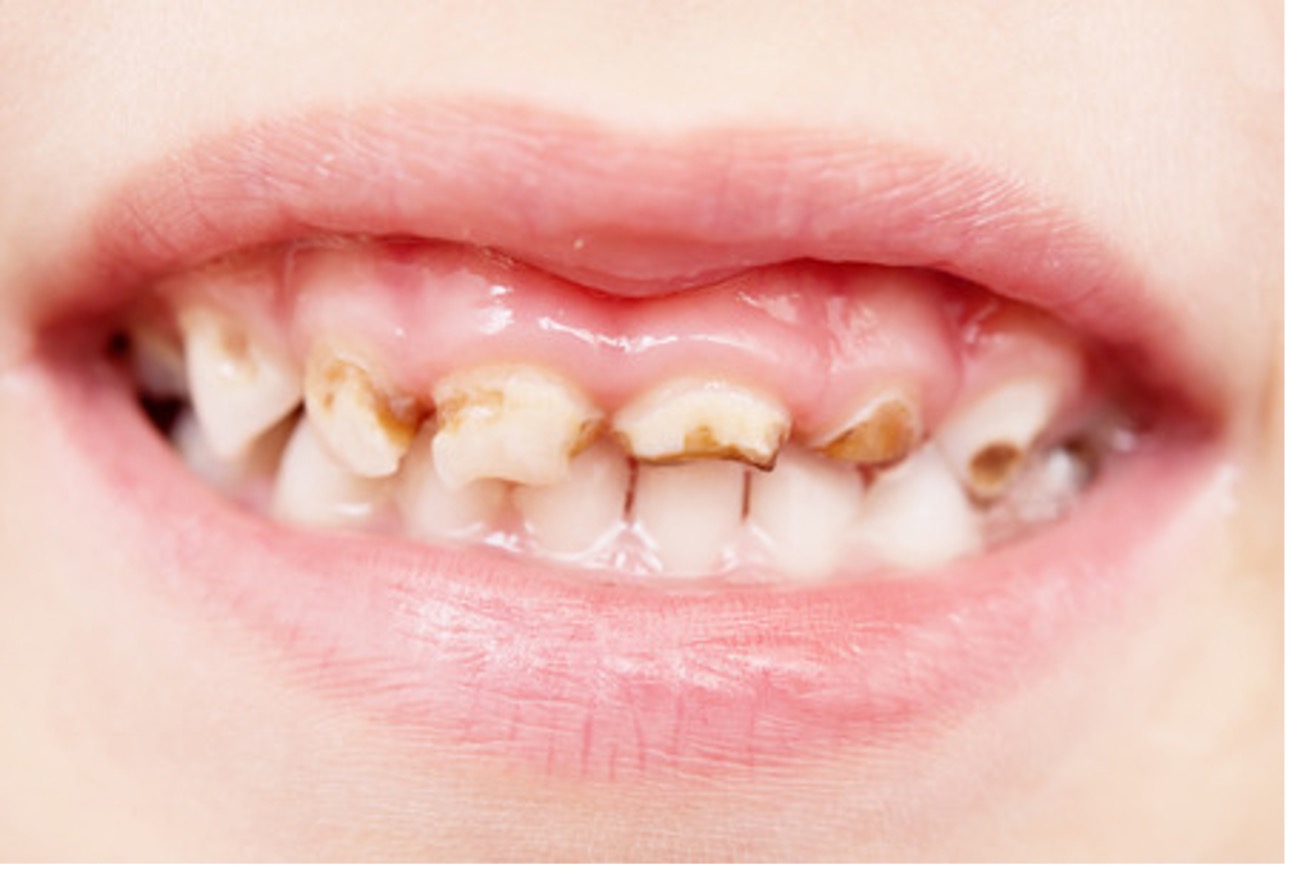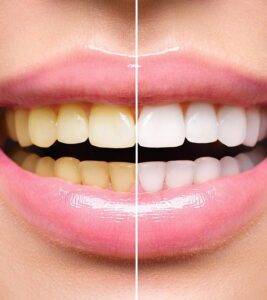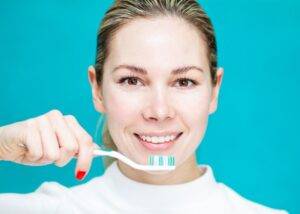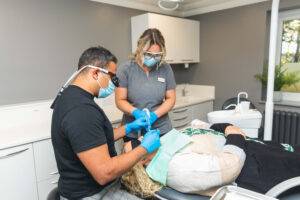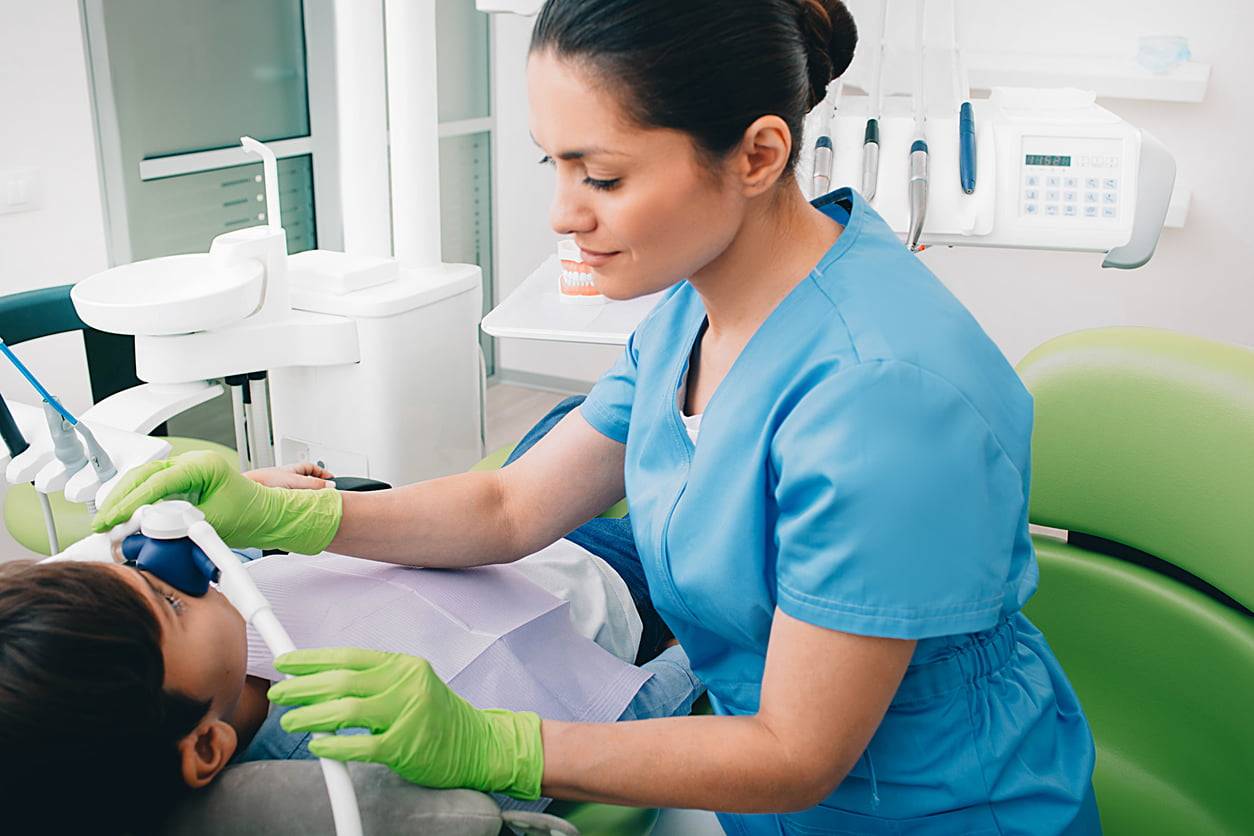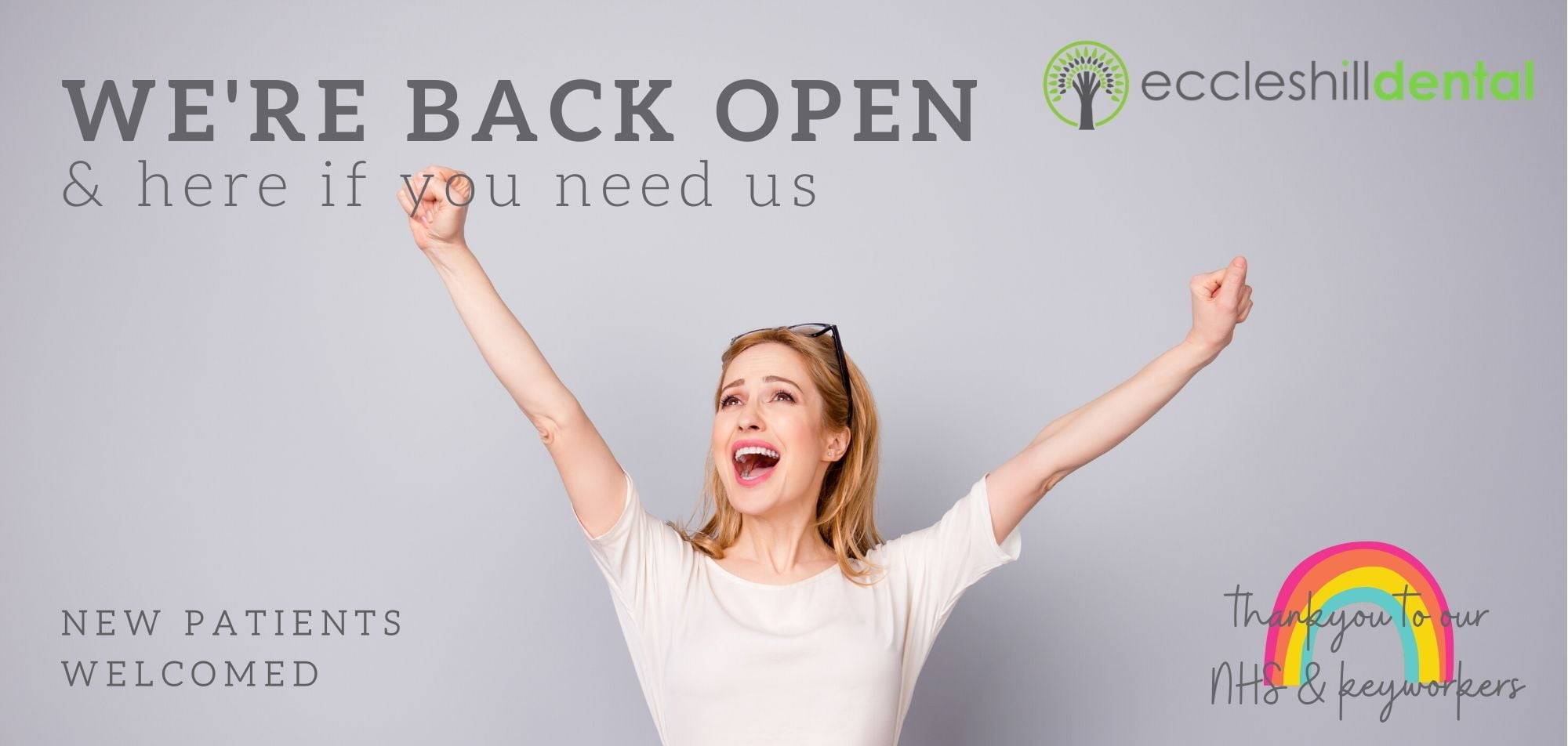When it comes to your family’s health, dental care should be at the top of the list. A trusted family dental practice isn’t just about fixing cavities—it’s about building a lifelong foundation for healthy smiles. Whether you’re looking for a family dentist in Bradford or seeking gentle, expert children’s dentistry in Bradford, choosing the right dental practice can make all the difference.
At Eccleshill Dental, we understand that each family is unique, and so are their dental needs. That’s why we offer compassionate, comprehensive, and family-friendly dental care tailored to every stage of life—from a toddler’s first tooth to ongoing care for teens, adults, and seniors.
Why Family Dental Care Matters
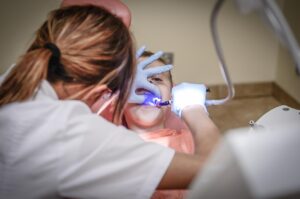
Knowing that there is one trusted dental practice that can take care of your whole family gives you real peace of mind. Having a family dentist in Bradford means that you won’t have to worry about multiple dental appointments across different dental practices. Your entire family will receive personalised care in one practice.
Family dentists have the training and experience to take care of both adults and children which provides a unique opportunity for families to have their children grow in the same environment, slowly transitioning into adult dental care. The continuity of care promotes trust and alleviates dental anxiety while helping to instill and develop positive oral health habits.
Children’s Oral Health Is a Top Priority
Dental care for children is different than adults and they can require a gentle, empathetic approach to make everything go smoothly. From when baby teeth erupt to when it comes to observing jaw development and proper brushing, a highly trained pediatric dentist in Bradford can make an important difference in your child’s health journey.
At Eccleshill Dental we care about children’s oral health in Bradford. Our team knows how to make children feel comfortable whether they are coming in for their first visit or for a visit every six months. We use language that is fun, appropriate for their age, and educational, while making sure they have a positive experience each time they visit us.
Do You Treat Children at Eccleshill Dental?
Yes, absolutely! At Eccleshill Dental, we are proud to provide full dental services for kids in Bradford. We believe every child deserves a healthy start, so our approach to kids’ dental care in Bradford is both preventive and educational.
Our children’s services include:
- First dental visits
- Fluoride treatments
- Fissure sealants
- Cavity prevention
- Habit counselling (e.g., thumb sucking)
- Orthodontic referrals when necessary
Also Read: Common Myths About Oral Health and the Truth Behind Them
We take the time to make dental visits enjoyable and informative for both kids and parents. It’s all part of our mission to deliver family-friendly dental care that prioritizes comfort and trust.
What Makes a Family Dentist “The Best”?
It’s not only a matter of expertise – although it’s certainly important. The best family dentist in Bradford is someone who listens to you and understands your concerns while demonstrating genuine care for your family’s well-being. Eccleshill Dental prioritizes developing strong patient relationships.
Here’s what sets us apart as a family dental clinic in Bradford:
- Warm, welcoming environment
- Friendly, experienced staff
- Gentle treatment techniques
- Modern equipment and technology
- Flexible appointment times for busy families
- Clear, honest communication about treatments and costs
We work hard to make your dental experience stress-free, whether you’re here for a routine cleaning or a more involved treatment.
Benefits of Choosing a Family Dental Practice
Still wondering if a family dentist is the right choice? Here are just a few advantages of choosing a dedicated family dental care provider in Bradford:
1. Convenience
Schedule back-to-back appointments for parents and kids in one place, on the same day. No more driving across town or juggling multiple calendars.
2. Familiarity
Your kids see the same dentist as you do, which can ease anxiety and create a strong sense of trust.
3. Long-Term Relationship
A family dentist gets to know your medical and dental history, allowing for better monitoring and preventive care over time.
4. Preventive Focus
We’re here to help you avoid problems before they start with education, cleanings, and regular check-ups.
5. Emergency Support
Should a dental emergency arise, it’s comforting to know exactly who to call—and that your dentist already knows your family.
Start Healthy Habits Early
Establishing good dental habits starts at home, but having a supportive dental team makes a big difference. From teething troubles to teenage orthodontic concerns, our team is here to guide you and your children every step of the way.
Regular dental visits also help kids become more comfortable in the dental chair. Over time, these visits foster a sense of responsibility for their own oral hygiene—and that’s a lesson that lasts a lifetime.
Also Read: The Importance of Preventive Dental Care in Maintaining Oral Health
Ready to Join Our Dental Family?
Choosing a dental clinic is a big decision.At Eccleshill Dental, we are aware that you are placing your trust in us. We will take care of your family with the friendly service, professional knowledge and caring environment you deserve.
If you are searching for a kids’ dental care provider in Bradford or simply looking for a family dentist to provide your family with ongoing treatment, let us show you what the Eccleshill difference is.
Call Us Today to Book Your Family’s Appointment!
Give your loved ones the gift of healthy, confident smiles with expert, family-friendly care at Eccleshill Dental. From toddlers to grandparents, we’re here to support your family’s oral health every step of the way.
📞 Call us now on 01274 633 406
Your family’s oral health is in good hands with us.




